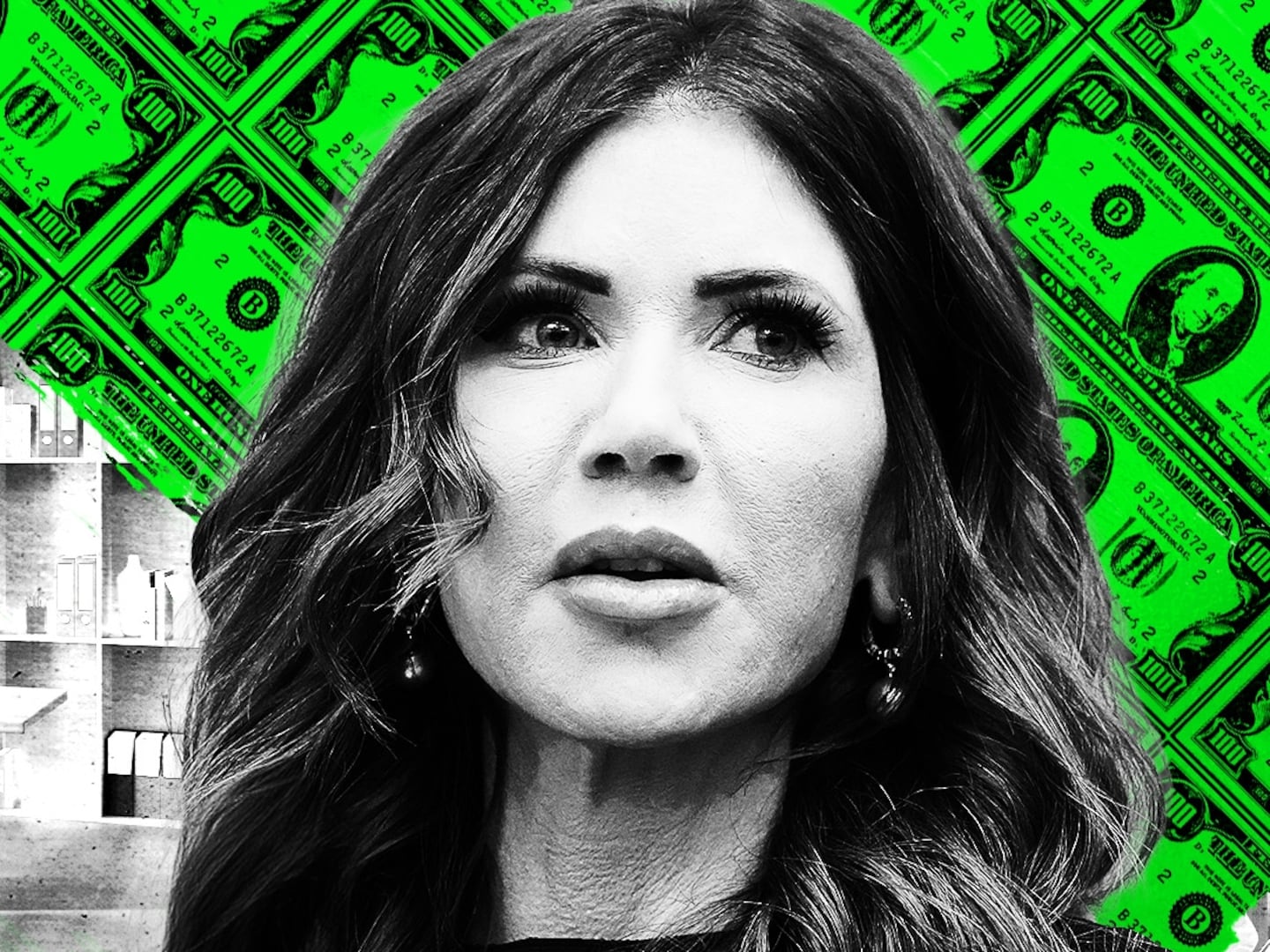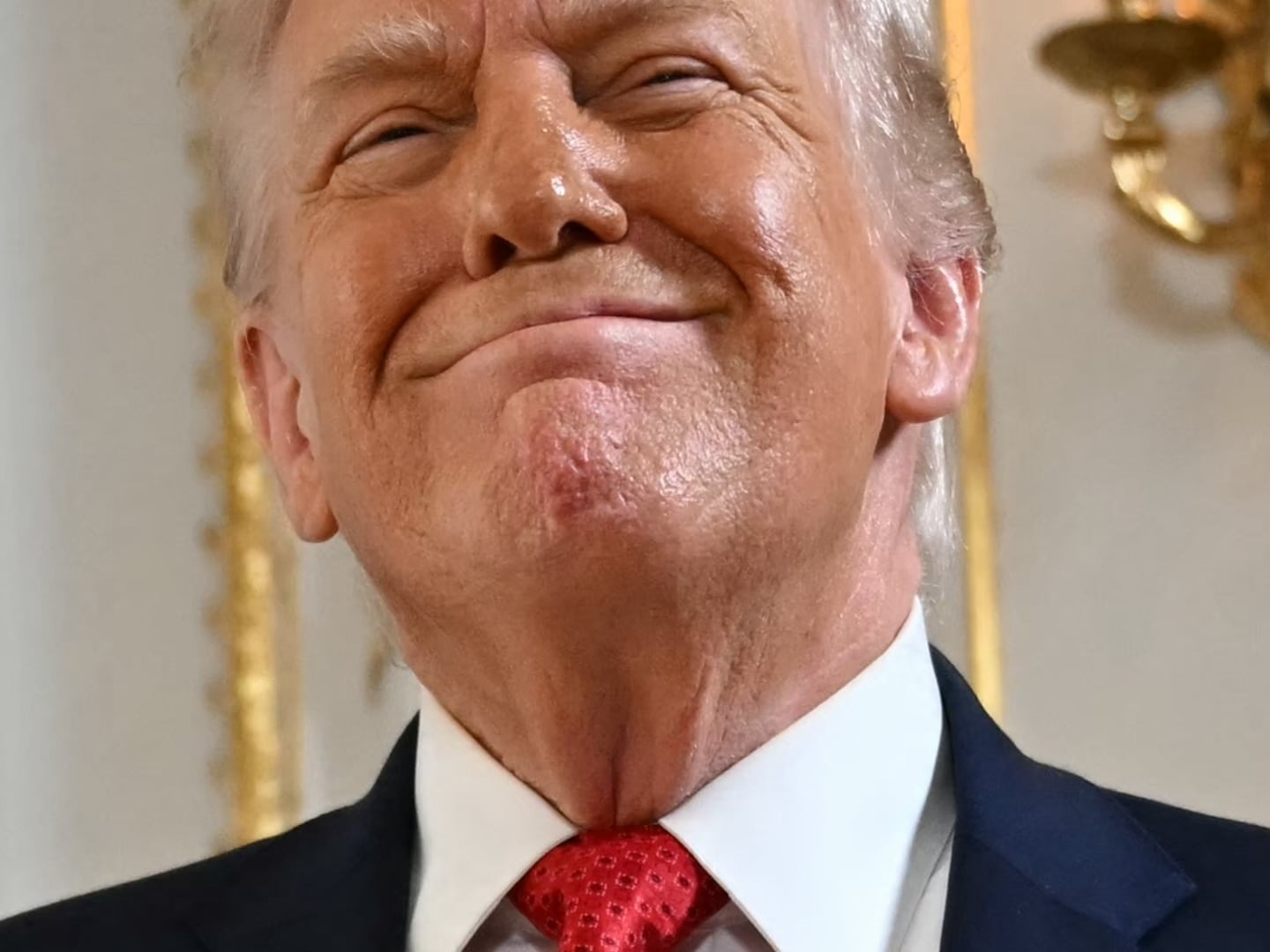Since her campaign memoir was released one week ago, Hillary Clinton has suddenly been everywhere.
She opened up to CBS Sunday Morning and fielded surprisingly tough questions from the hosts of The View. She sat down for a longform interview with The New Yorker’s David Remnick and talked policy with Vox’s Ezra Klein.
What more could Clinton possibly have to say? Stephen Colbert found out Tuesday night when he welcomed the former secretary of State to The Late Show for her first late-night appearance since losing the 2016 election.
Quoting the title of her new book, Colbert told Clinton, “I don’t know how else to start this interview, other than saying, what happened?”
Clinton said she started asking herself that question on Election Night at midnight, or as she called it, “the dark time of the soul.” She said the process was “very painful and difficult” but she feels like she’s “done my very best to lay out what happened so that it doesn’t happen again.”
When Colbert brought up the people who wish Clinton would just “go away,” she joked, “Well, you know, if they’d take up a collection and send me somewhere really nice, I’d consider it.” More seriously, she added, “I am not going anywhere.”
“I’m glad you’re not,” Colbert said. “I actually do not think that’s how what is happening to our government is going to be stopped. I think it’s people who are willing to be civically engaged and believe in the promises of the progress of the last 50 years that will save this country.”
Much of the interview covered similar territory that Clinton has covered in her previous interviews about Vladimir Putin’s efforts to disrupt American democracy, but Colbert also pressed his guest on Putin’s apparent dislike of her personally. “I don’t take it personally,” Clinton said. “I think it’s part of his worldview, which is all tied up with his anger, his disappointment in the collapse of the Soviet Union, and his feeling that we’re his No. 1 rival.” She said the fact that she was a woman in a position of power also got Putin “a bit agitated.”
After a break, Colbert turned to Clinton’s recent interview with NPR’s Terry Gross, in which she said that she’s not ready to “rule out” questioning President Trump’s legitimacy if more information about Russian meddling in the election emerges. While he admitted to having similar “fantasies,” Colbert said, “My question is, what then? There is no constitutional mechanism to question the election.”
“Nobody’s talking about contesting the election, including me,” Clinton said. “Because there is no mechanism.”
When the audience groaned, Colbert scolded them, saying, “No, this is someone who believes in the Constitution, unlike the guy who got the job.”
“But I think legitimacy is rooted in what comes out of these investigations,” Clinton added. “Because if there is evidence of coordination, communication, whatever it might be, then I think millions of Americans are going to say, well, those raise questions about legitimacy.”
“Now, what do you do with those questions, besides ask them?” she continued. “What you do is mobilize politically to express your will and your rejection of that kind of Russian involvement and coordination at the ballot box. I mean, that is where we settle our political differences.”
Colbert also got Clinton’s first response to Trump’s United Nations General Assembly speech, which she called “very dark, dangerous” and “not the kind of message that the leader of the free world should be delivering.” She said she wished Trump would “lead with diplomacy” on North Korea instead of calling Kim Jong Un “Rocket Man” and threatening to “destroy” the entire country.
And finally, in an attempt to lighten things up, Colbert invited Clinton to share some of the Chardonnay she says got her through the past 10 months. “The book is What Happened,” the host concluded as they clinked glasses. “Let’s hope it never happens again.”






